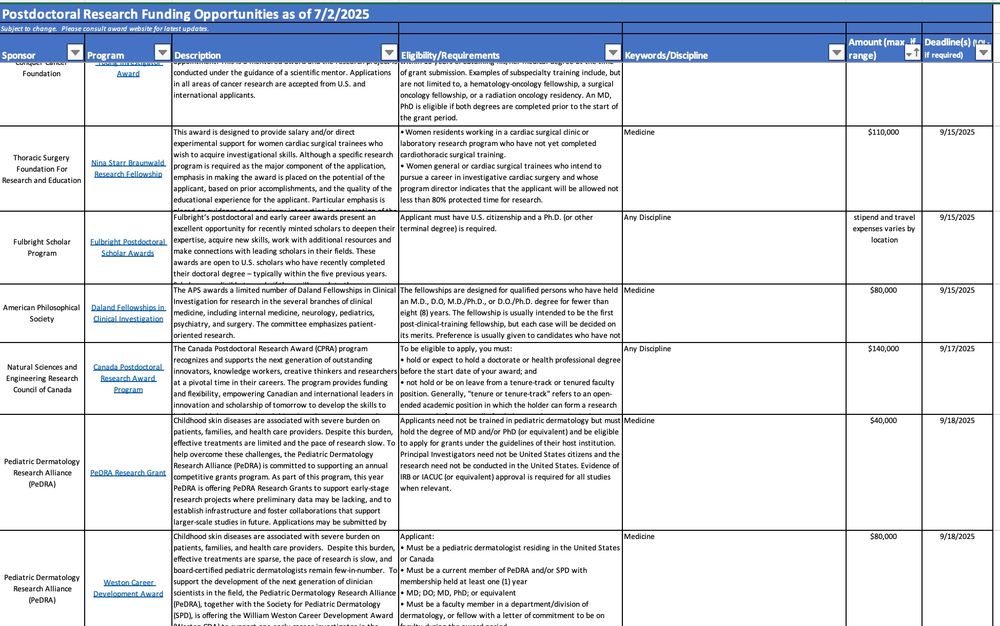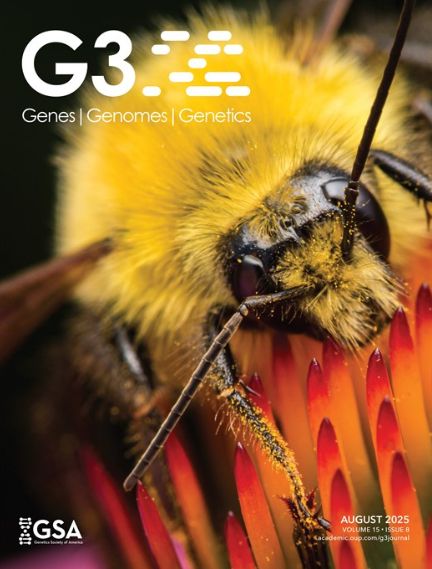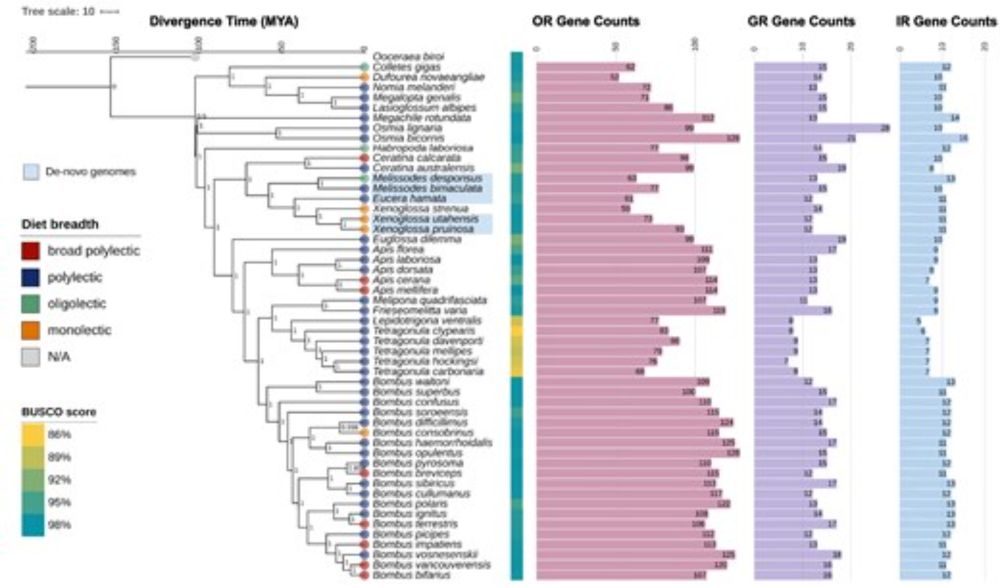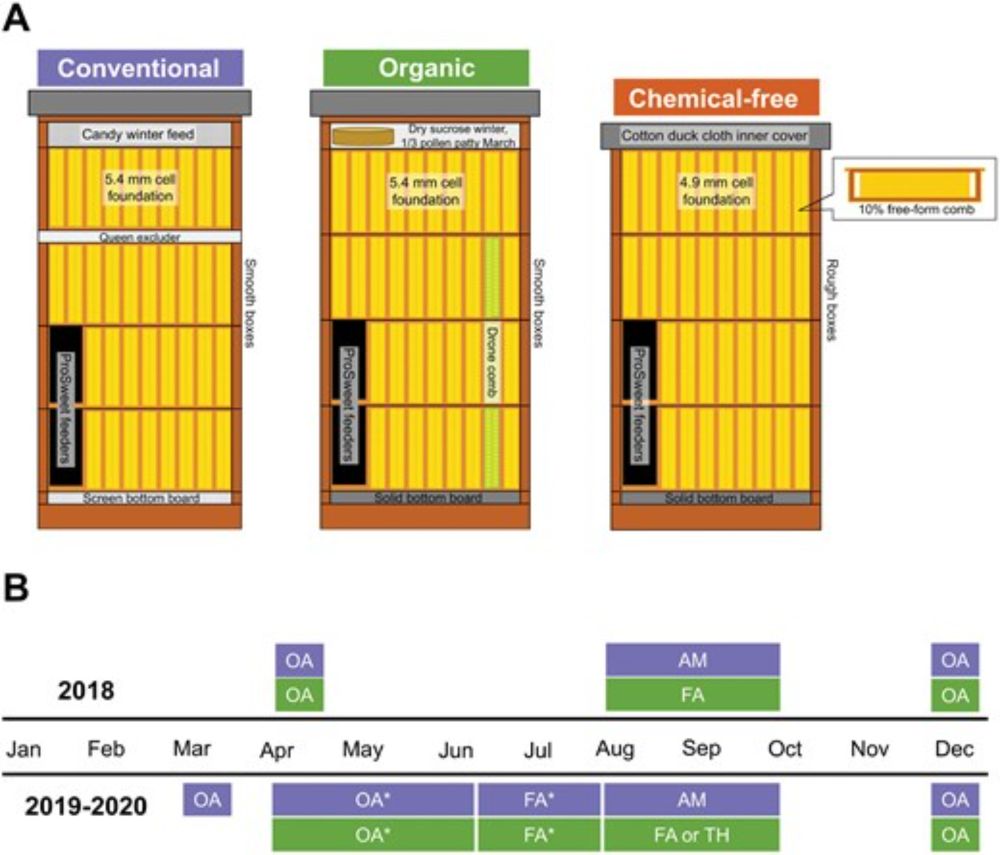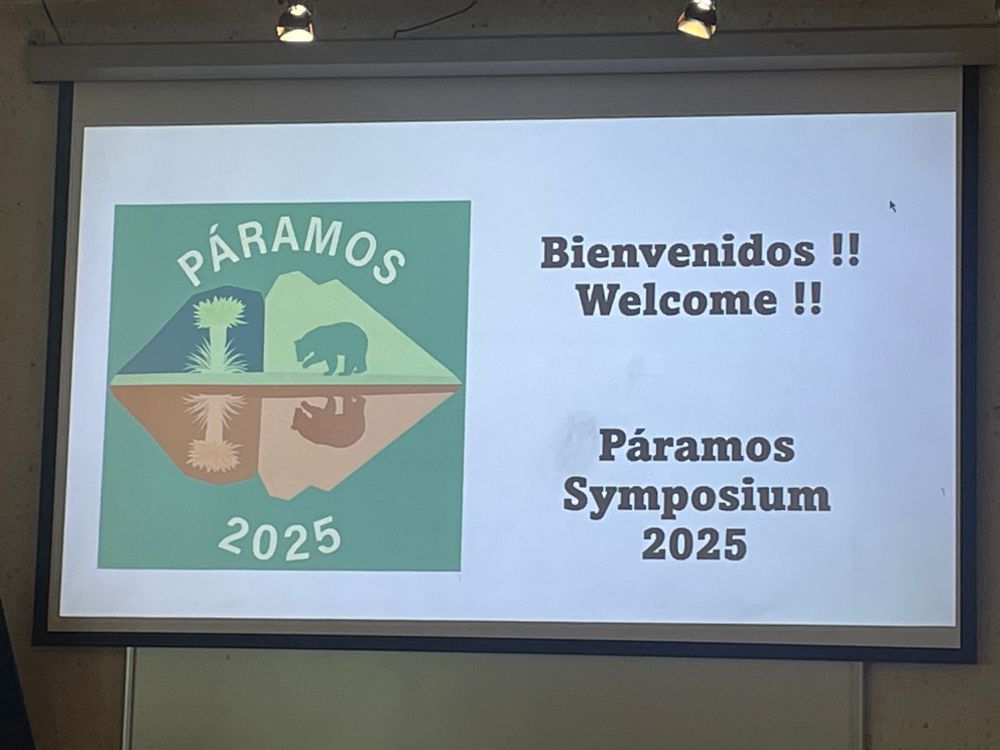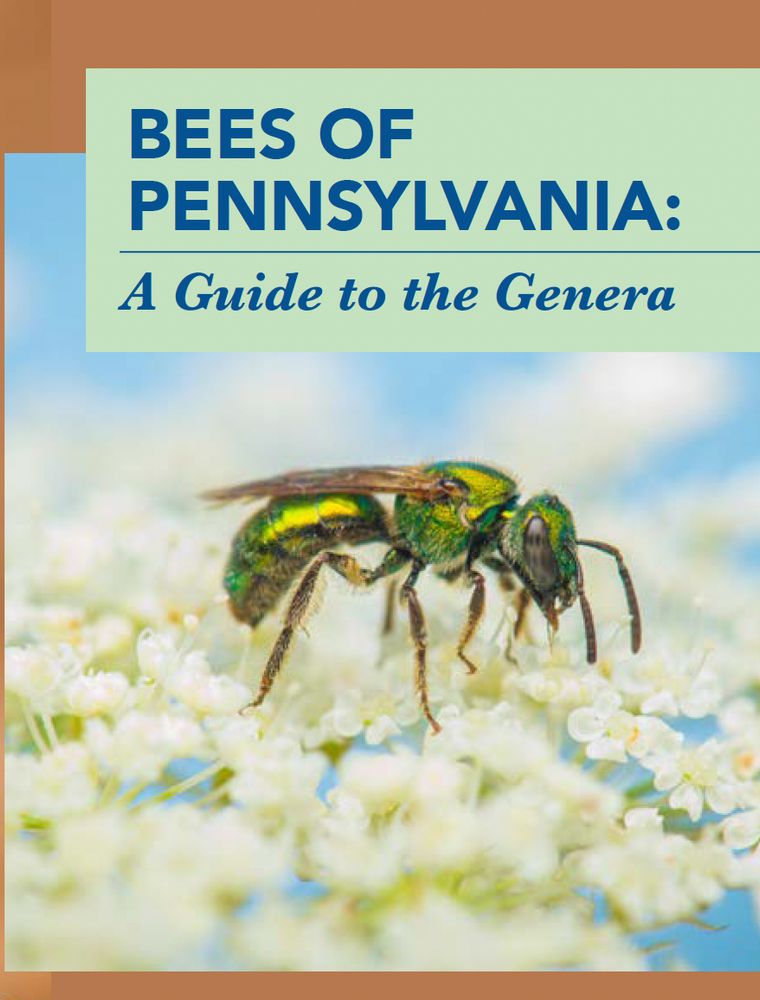Posts
Media
Videos
Starter Packs
Reposted by Margarita Lopez-Uribe
Reposted by Margarita Lopez-Uribe
Reposted by Margarita Lopez-Uribe
Reposted by Margarita Lopez-Uribe
John Logsdon
@johnlogsdon.bsky.social
· Aug 14
Reposted by Margarita Lopez-Uribe
Reposted by Margarita Lopez-Uribe
Reposted by Margarita Lopez-Uribe
Carly Ziter
@carlyziter.bsky.social
· Jul 10

Donate to Support Sheila Colla Through Cancer Treatment, organized by Anna Penner
There is a good chance that you already know Sheila Colla: she is a brillian… Anna Penner needs your support for Support Sheila Colla Through Cancer Treatment
www.gofundme.com
Reposted by Margarita Lopez-Uribe
Reposted by Margarita Lopez-Uribe
Craig White
@craig-white.bsky.social
· Jun 24









